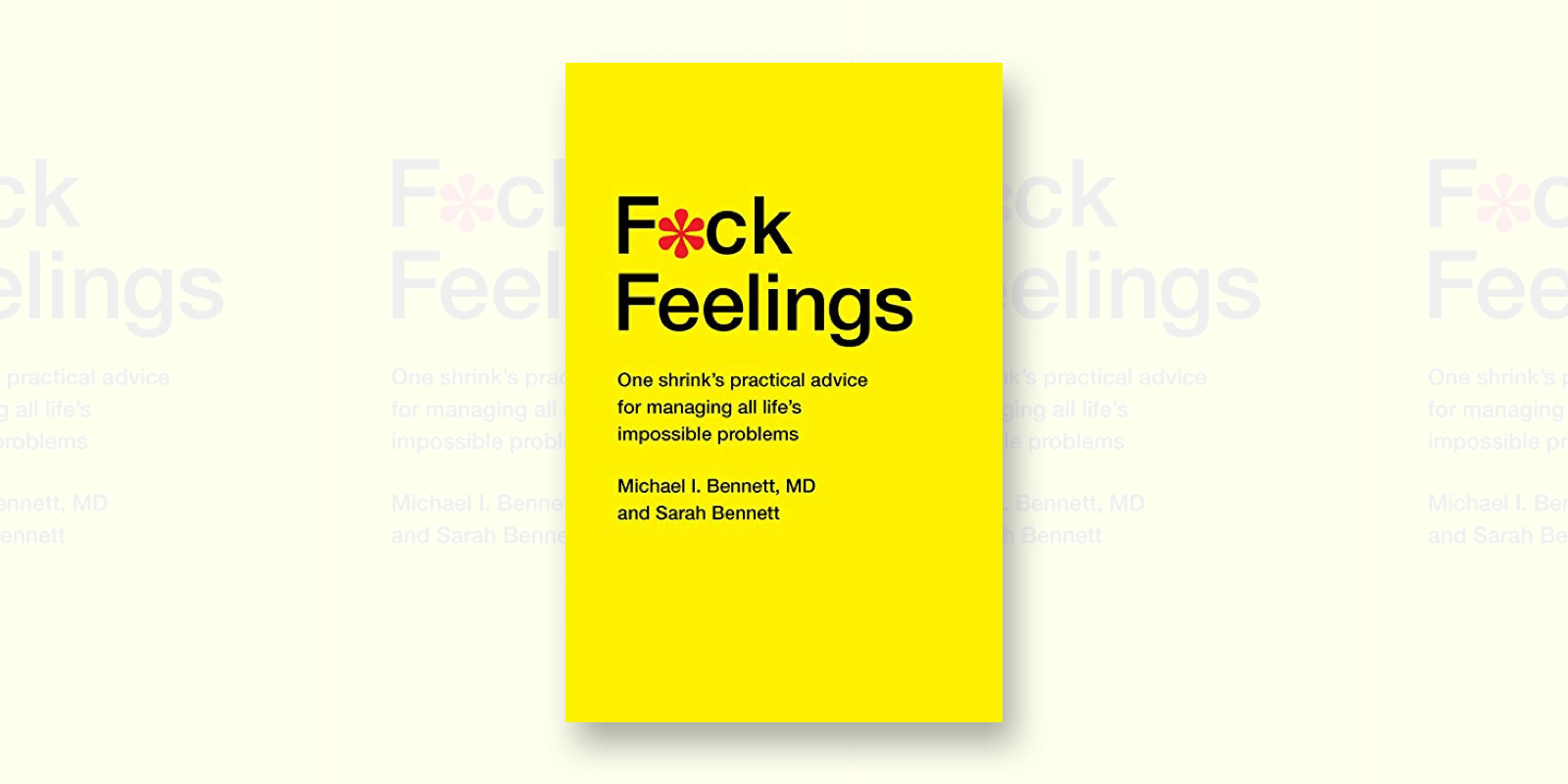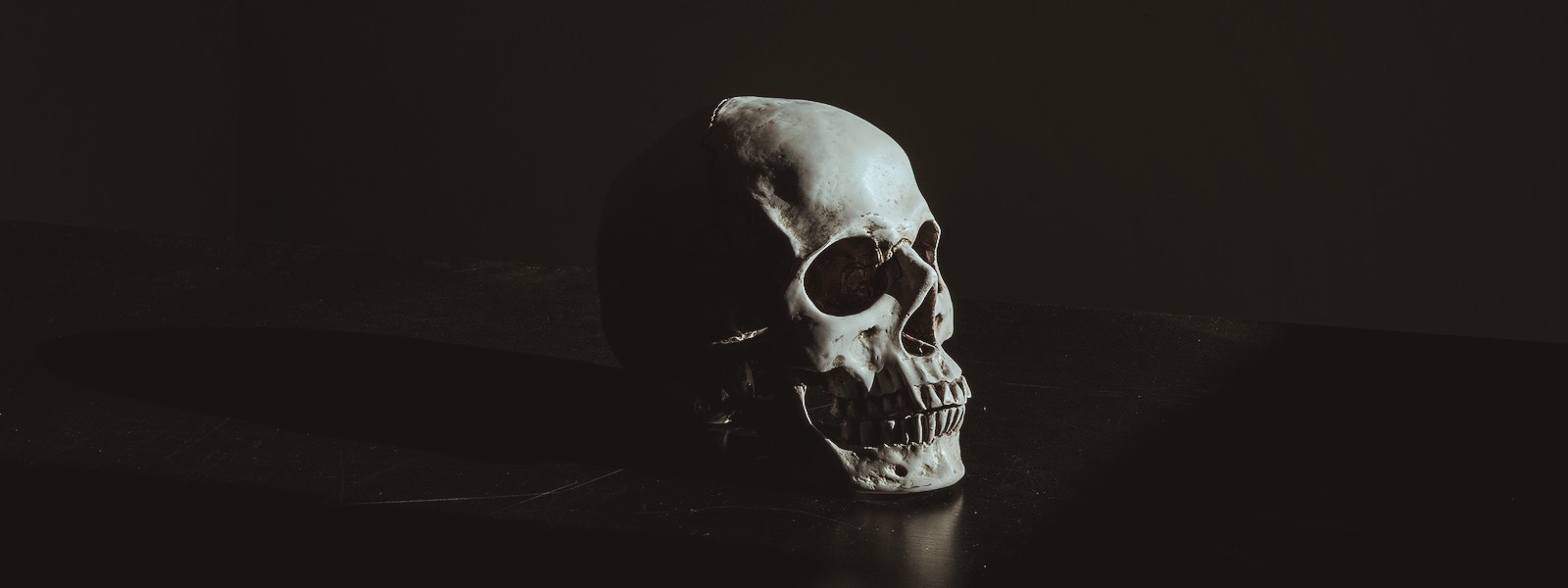As a psychologist, I see first-hand the devastating effect that negative habits have on people’s lives. From the unchecked worry that perpetuates chronic anxiety to the rumination and isolation that feeds depression, one thing is clear:
How we habitually think and behave powerfully affects how we habitually feel.
But I also get to witness the powerful personal growth that comes from positive habits cultivated over time. How tiny changes to self-talk can lead to increased optimism and more creative approaches to productivity. Or how modest improvements to sleep routines can boost energy levels throughout the day.
And so—because it’s my job to be an expert in habits—when I picked up a copy of Jame’s Clear’s new book Atomic Habits I was expecting it to be good and well-written, but I wasn’t expecting to be astonished.
Atomic Habits is the single best book about habits I’ve ever read.
What follows is a collection of my favorite quotes from the book along with a few observations and thoughts of my own for each.
On Systems
Goals are good for setting a direction, but systems are best for making progress.
Goals vs systems is the most under-appreciated idea in self-improvement. We’re allured by the siren’s call of goals but all too often end up paralyzed by them. Systems are the solution.
On Self-Control
Self-control is a short-term strategy, not a long-term one… Instead of summoning a new dose of willpower whenever you want to do the right things, your energy would be better spent optimizing your environment. This is the secret to self-control. Make the cues of your good good habits obvious and the cues of your bad habits invisible.
$100 says that if you carefully interview the 10 people in your life who appear to have exceptional willpower or self-control, what you really find is that—consciously or not—they’re simply very good at optimizing their environments to align with their values.
On Anticipation
It is the anticipation of a reward—not the fulfillment of it—that gets us to take action.
People mistakenly associate dopamine with pleasure, but in reality, it’s desire that causes your reward center to light up like a Christmas Tree. And consequently, we end up acting in accordance with our feelings rather than our values.
Our culture shies away from this idea, but it is possible to manage and cultivate one’s desires. I suspect self-mastery depends on it.
On Culture
One of the most effective things you can do to build better habits is to join a culture where your desired behavior is the normal behavior.
Here’s a central paradox of self-improvement: Changing our environment leads to inner transformation more frequently than trying to change ourselves directly.
It’s hard to force yourself to be a kinder person; but if you’re surrounded by kind people long enough, you will wake up and realize you’ve become a kinder person.
On Interpretation
Behavior is heavily dependent on how we interpret the events that happen to us, not necessarily the objective reality of the events themselves.
Often our habitual behaviors are governed by our habitual thoughts. While it’s relatively easy to spot a physical habit, identifying mental habits is more difficult.
Learning to observe the way you talk to yourself is a good start.
On Progress
Habits form based on frequency, not time.
Scientific studies show it takes approximately how many days to form a new habit?
- A) 30
- B) 21
- C) 7
- D) 6 months
Answer: you’re looking at the question all wrong.
Time won’t magically make a new habit appear: It’s practice and reps that count.
On Cues
If you want to make a habit a big part of your life, make the cue a big part of your environment.
Habits determine larger portions of your behavior than you’d like to believe, most of which are triggered by simple environmental cues.
The humility to acknowledge how much our environment affects us is the first step toward better habits.
On Consistency
Habits are easier to perform, and more satisfying to stick with, when they align with your natural inclinations and abilities.
I had a client who told me the following story about finally getting into a consistent exercise habit:
For years I struggled to exercise consistently. I’d get to the gym a few times a month but it was never a consistent habit.
One day I bumped into a friend of a friend who happened to be a personal trainer. We talked about my struggle to exercise consistently and he asked me a fascinating question: “Did you ever enjoy any kind of physical activity as a kid?” I told him that I had loved gymnastics throughout my childhood. He said, “There’s a fantastic Silks Class at my gym. Try that.” Turns out, it was exactly what I needed.
Instead of trying to do something I hated like running on the treadmill, doing silks tapped into my natural love for gymnastics and motivated me to get to the gym consistently. I’ve been to the gym multiple times per week for the past year!
On Character
The ancient Greeks believed that character was destiny and that your character was the product of your habits.
Learning to see habits clearly and modify them intelligently is perhaps the most powerful skill any of us can learn.
Because…
In the long run, the quality of our lives depends on the quality of our habits. With the same habits, you’ll end up with the same results. But with better habits, anything is possible. —James Clear





3 Comments
Add YoursSo very true and yet so hard to make the time to put these pearls of wisdom into practice.
Exactly. Reading books like Clear’s (and i agree with Nick, it is amazingly written book) makes most readers vastly underestimate the time and effort it takes to accomplish these changes. It is much easier and inspiring to read about charge than actually do it
I am a 79 year old woman who has sort of lost my ability to live alone and be happy. 4 1/2 years ago my husband of 54 years died. My grand children are mostly teenagers and not very interested in me anymore very hard. Any ideas?